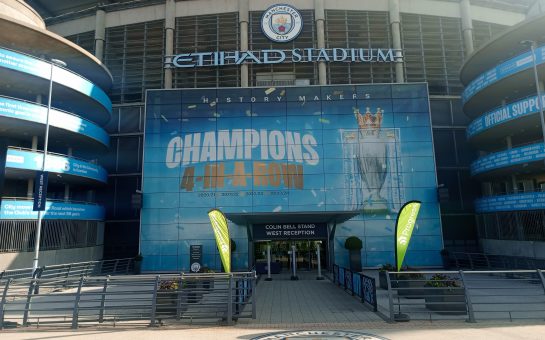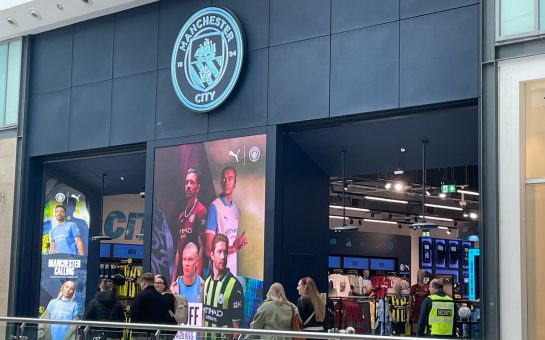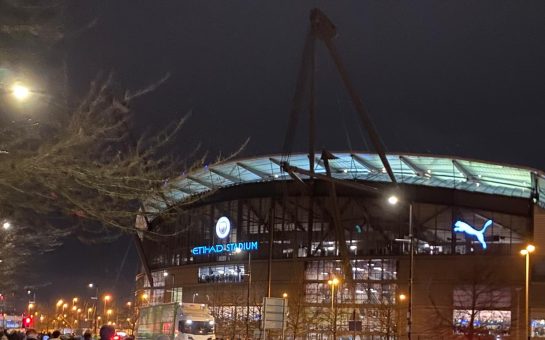Is this the dawn of a new era of football, a time for the richest to battle it out in an attempt to monopolise football on a worldwide scale?
There is no question football has long been a business-oriented game, even before the creation of the Premier League in 1992.
From 1979, when Hitachi began sponsoring Liverpool’s shirts, to today, when Manchester United have 40 global sponsors, the game has changed beyond recognition.
But Manchester City continued to push boundaries in their apparent quest for world domination last week, as they secured a 20% stake in Japanese side Yokohama F Marinos.
The move by City Football Group signals a venture into a fourth nation after they previously acquired Melbourne Heart in Australia and New York City FC in the USA.
Ferran Soriano, City’s chief executive, has hailed the latest step in the group’s mission to become the first ‘global football organisation’.
The Yokohama club has long-established ties with the Nissan car company, which remains its main backer.
“Nissan is global, present in all the markets we are present,” Soriano said. “We are attempting to create the first global football organization.”
City’s latest investment will see them provide support in areas like training methods, coaching and medical care, which could help the Marinos to their first J-League title since 2004.
It is also hoped that this collaboration will provide greater opportunities for young Japanese players, improving the prospects of a national side which disappointed at this year’s World Cup.
In return, City will gain additional revenues and the opportunity to boost the awareness of its brand in Japan, which has already proved fertile ground for the likes of Real Madrid and City’s rivals United.
But is there another strategy at play here?
Investments such as this one, and the Australian and US projects, are seen as crucial by City’s owners in making the club financially sustainable and successful in the long term.
That success is to be achieved without major further investment, as City adapt to the financial restrictions imposed by Uefa and financial fair play.
After Steven Gerrard’s slip, the only cloud on City’s horizon as they strolled to a second Premier League title in three years was the threat coming from Europe’s governing body.
After Uefa found the club’s £151m loss in 2011-12 and 2012-13 in breach of the financial fair play rules, it imposed a £49m fine, a 21-player limit to next season’s Champions League squad and a wage cap to the current level.
City have already ploughed huge amounts into youth development, community work and infrastructure – never mind Manchester City Women’s FC – closer to home.
These projects, as well as regenerating large parts of east Manchester, are funded by revenue which is permitted by Uefa, as it encourages local and long-term improvement.
Is the Yokohama investment the latest step on the road to long-term domination, or merely an attempt to keep Uefa at bay?
It could well be both, in which case we will see how this ownership model fares compared to the debt and sponsor-heavy tactics employed by the Glazers and United.
Main image courtesy of Red Robot – Intelligent Distribution, with thanks.



